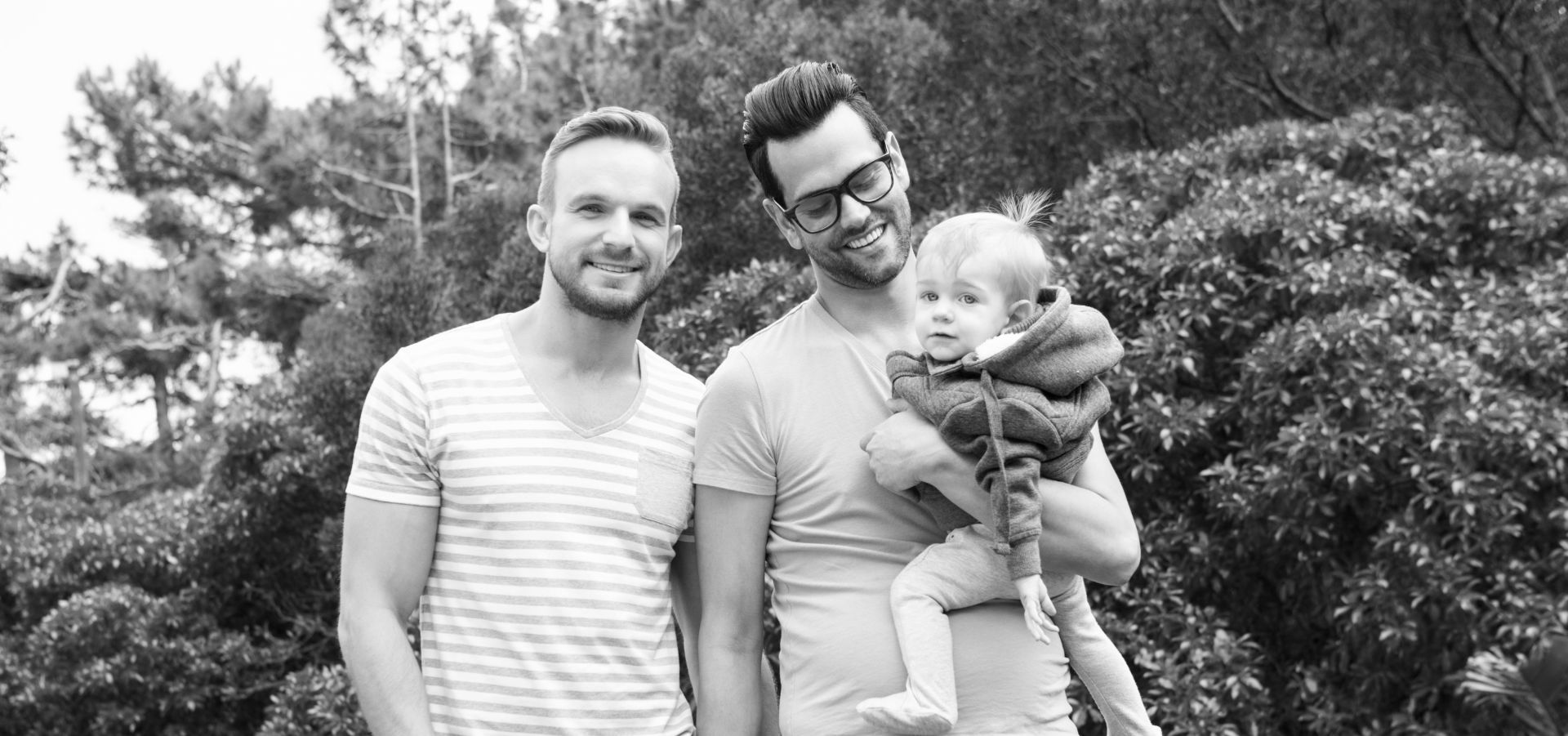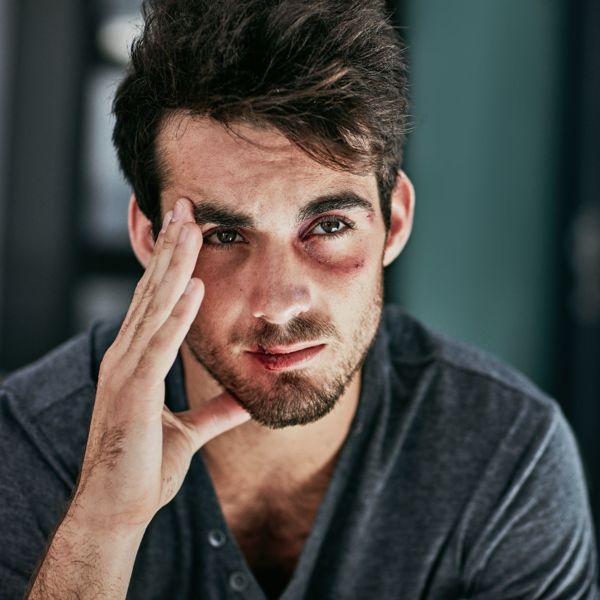
LGBTQIA+
Protection from discrimination and violence is a central concern of human rights. This also applies, for example, to lesbian, gay, bisexual, trans and intersex people. Being able to define and live one's own sexual orientation and gender identity is a human right.
The aforementioned sexual orientations and gender identities can be summarized under the term queer. Queer people are statistically more likely to be victims of hostility or discrimination on the basis of their gender or sexual orientation than others. They are also not legally equal in all respects.
Analysis of the situation of LGBTQIA+ people
Recommendations of the Association for Human Rights on LGBTQIA+
Coming out brochure
FLay Association for queer people in Liechtenstein - Association for queer people in Liechtenstein

Lisa von Reden
Disability Monitoring Centre (MOBE)
Equal Opportunities Department
Sexual orientation
Sexual orientation describes the gender to which a person feels romantically or physically attracted. Sexual orientation is a part of personality and can vary from person to person. Living out one's sexual orientation is a human right.
In Liechtenstein, same-sex couples have been able to get married in a civil ceremony since the beginning of 2025. Since 2023, same-sex couples have been able to adopt a (step)child. In its reports, the European Commission against Racism and Intolerance (ECRI) in particular repeatedly calls for improvements to the situation of LGBTQIA+ people in Liechtenstein, e.g. the collection of official data on the situation of this population group in Liechtenstein.
The VMR recommends: Liechtenstein should...
... vigorously implement the ECRI recommendation on the scientific survey of the situation of LGBTIQA+ people in Liechtenstein.
... consider rehabilitation and reparation for persons who have been prosecuted in Liechtenstein in the past because of their sexual orientation.
FLay-Verein für queere Menschen im FL - Association for queer people in Liechtenstein
Marriage for all - Liechtenstein National Administration
Swiss umbrella organization of gay and bisexual men*
Lesbian organization Switzerland
Aids-Hilfe St.Gallen-Appenzell (AHSGA) | Advice and information on HIV/STI
Gender identity
Gender identity describes which gender a person assigns themselves to. The chosen gender may or may not correspond to the gender assigned at birth.
In Liechtenstein, two genders are currently recognized, namely female and male. An application to change gender must be submitted to the civil registry office. It is not yet possible to enter a third gender that differs from the binary gender categories (male/female) in official documents and forms. In addition, there is still no legal basis for complete legal certainty in the event of changes to the gender entry.
The VMR recommends: Liechtenstein should...
... introduce a modern civil status law that creates the possibility of entering a third gender category in the civil register and other official documents.
... prohibit gender reassignment surgery for children born intersex without medical necessity and without an informed decision and examine the medical counseling and treatment practice of children born intersex as part of the planned study on the situation of LGBTIQA+.
Do you have questions about human rights? Have your human rights been violated? Have you observed human rights violations? Then get in touch with us.


